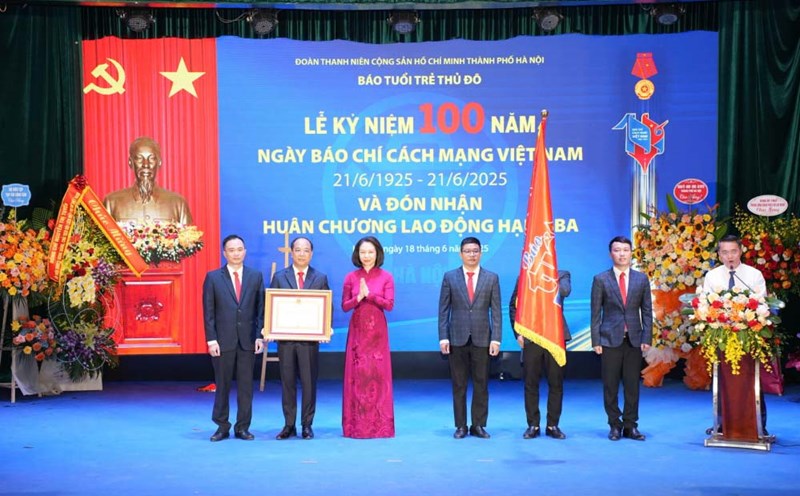The results of the electronic vote showed that 408/420 delegates present voted in favor, accounting for 85.36%. Thus, the National Assembly has passed the Law amending and supplementing a number of articles of the Law on Product and Goods Quality.
Regarding the necessity of amending the Law on Product and Goods Quality, the drafting agency said that this Law, passed by the National Assembly in 2007, effective from July 1, 2008, is an important legal document, regulating relations related to product and goods quality.
After nearly 17 years of implementation, in addition to the achieved results, the Law on Product and Commodity Quality 2007 has arisen a number of shortcomings and limitations, requiring amendments to suit reality and promote development.

The Law consists of 3 Articles, 27 Clauses; amends 29 Articles, adds 14 new Articles, abolishes 34 Articles, 3 Clauses of 2 Articles. This Law takes effect from January 1, 2026.
The Law amending and supplementing a number of articles of the Law on Product and Goods Quality stipulates:
For products and goods with high risks, traceability is mandatory determined by the Ministry and ministerial-level agencies and has a roadmap for implementation, ensuring feasibility, suitability with the capacity of enterprises and the development characteristics of each industry.
Organizations and individuals producing, exporting, importing, and circulating products and goods are encouraged and supported in implementing traceability, in accordance with the scale, characteristics of the industry and production and business conditions.
Regarding the application of technology in product and commodity quality management, Article 6d of the Law stipulates as follows:
Applying technology in product and commodity quality management to ensure information transparency, traceability, connection and data sharing throughout the entire product and commodity life cycle, in line with the requirements of developing a digital economy, a circular economy and international integration.
Encourage the application of technology in standard activities, measurement, assessment of suitability, inspection, quality monitoring and management of product and goods information, including:
a) Supply chain management through codes, bar codes, traceability, electronic labels and digital platforms;
b) Collecting, storing, and analyzing data for inspection and examination after circulation on the market, inspection, warning, and handling of violations;
c) Apply the digital passport of the product, electronic label and traceability information of the product and goods according to the provisions of law and instructions of competent authorities;
d) Applying artificial intelligence, big data and advanced digital technology in standard activities, measuring, assessing suitability, checking, monitoring quality and managing product and goods information.
3. The State has policies to promote the application of technology and digital transformation in product and commodity quality management; encourage organizations and individuals to invest in facilities, data infrastructure and develop human resources to serve activities specified in this Article.
4. The application of digital technology, electronic labels, codes, bar codes and traceability systems must ensure data safety and security throughout the process of collecting, storing, processing and sharing data; must comply with the principles of information security, privacy and data protection according to the provisions of law.










